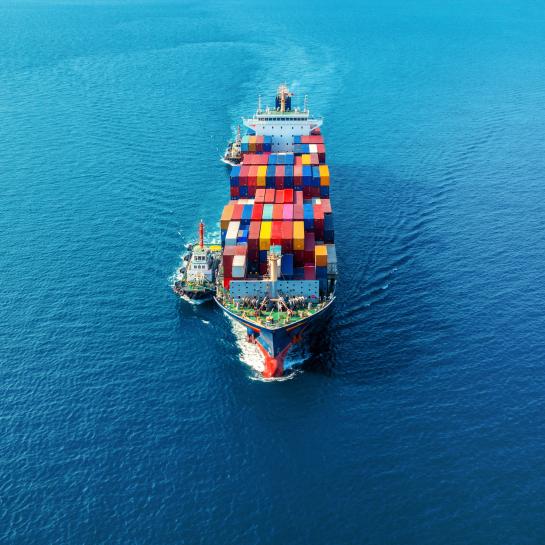
Acronym: HARPOONERS
Title: High voltAge, modulaR and low weight electric POwertrains fOr NExt generation waterborne tRanSport
| Call | HARPOONERS |
| EU nr | 101192699 |
| Period | 36 months - 01.02.2025 to 31.01.2028 |
| Project budget | € 7,497,595.49 |
| VUB budget | € 786,085 |
| Contact | Prof. Omar Hegazy |
What are the main challenges in decarbonising maritime and inland waterway vessels?
The decarbonization of maritime and inland waterway (IW) vessels is progressing slowly due to several challenges related to battery energy storage systems (BESS), which must be addressed before they can effectively compete with conventional solutions. The key challenges are:
- Weight: High storage capacity in BESS results in significant weight, which limits the cargo capacity of small and medium-sized vessels.
- Reliability: Ensuring trouble-free operation, reducing unexpected failures, and lowering operating and maintenance costs is essential.
- Safety: Large-scale adoption of BESS depends on addressing safety concerns to gain vessel owners' trust and compliance with regulations.
These challenges are critical in making electrification a viable solution for decarbonization.
How will HARPOONERS address these challenges?
The HARPOONERS project directly tackles these challenges through its three Innovation Pillars:
1. Weight Reduction:
- HARPOONERS is developing a compact and modular high-voltage (HV) battery system that integrates key components, reducing overall system weight.
- The system eliminates the need for a transformer and additional cooling, making it significantly lighter.
- This is particularly beneficial for small and medium-sized vessels, allowing for full electrification without sacrificing cargo capacity.
2. Reliability Improvement:
- The project introduces an "AC battery system" that enhances efficiency and ensures trouble-free routing, lowering operational and maintenance costs.
- Advanced management systems will be developed for stable operation in both all-electric and hybrid vessel powertrains.
3. Enhanced Safety:
- By eliminating certain complex components (like the transformer and additional cooling system), the new system improves safety while maintaining performance.
- The design enhances the adoption potential of BESS by minimizing risks for vessel owners.
Additionally, HARPOONERS' European-wide partnership (involving research institutions, battery manufacturers, power electronics experts, and shipping owners) ensures a well-rounded approach to making electrification viable across different vessel types.
With a €7.5M budget and a 36-month timeline (starting February 2025), HARPOONERS aims to accelerate the adoption of BESS, contributing significantly to the decarbonization of the maritime and IW sectors.
